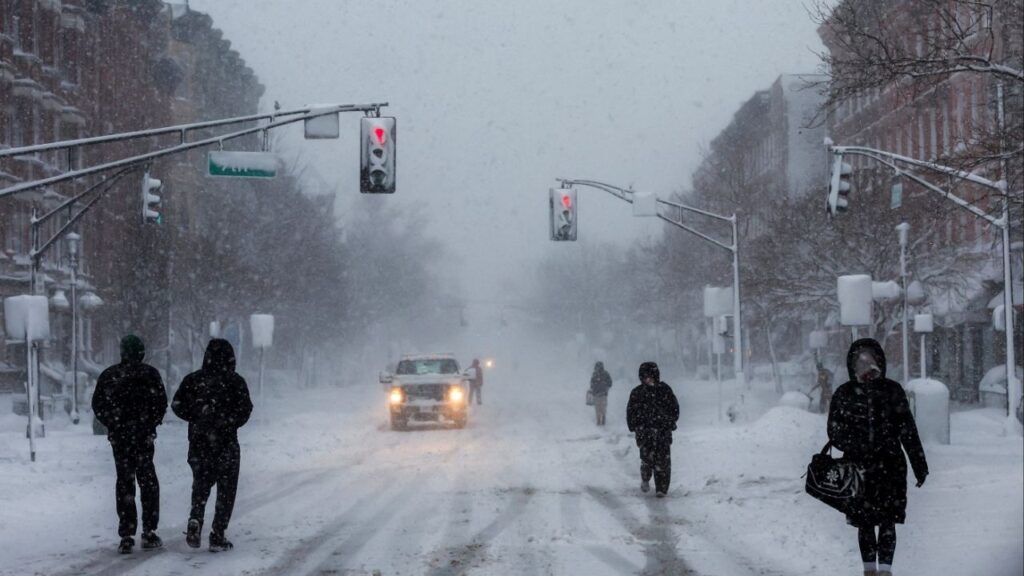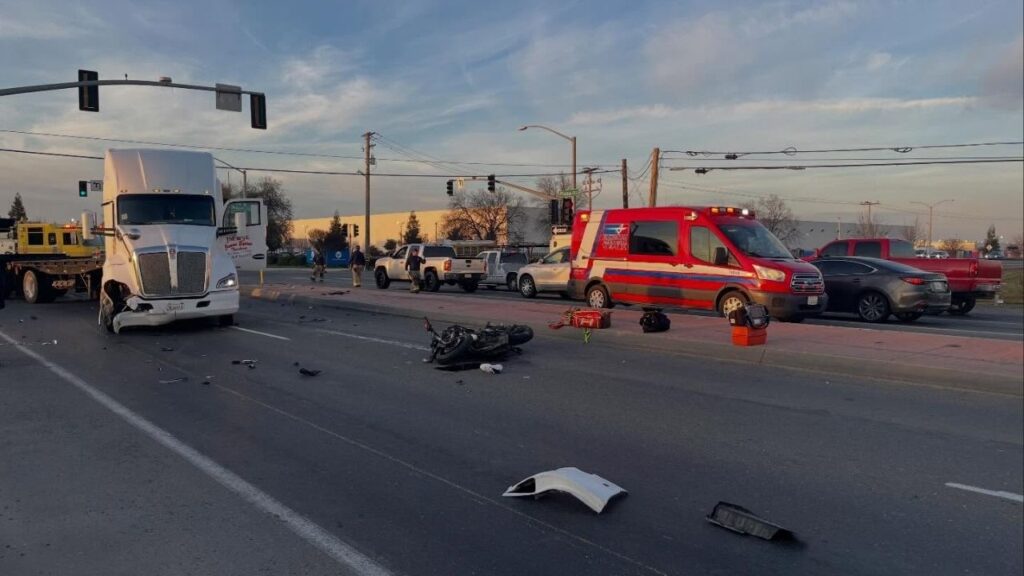Share
|
Getting your Trinity Audio player ready...
|
Journalists from San Joaquin Valley news site GV Wire posed several of what they considered to be routine factual questions to the state Department of Public Health last week about a mysterious laboratory discovered in the small town of Reedley.

Dan Walters
CalMatters
Opinion
The laboratory, in an abandoned warehouse, contained mice, biological fluids, and samples of dreaded diseases including HIV, malaria, and COVID-19. Federal and state investigators are delving into the situation, which surfaced when a city building code inspector noticed a hose snaking out of a wall in the warehouse.
The journalists wanted to know how the department oversees laboratories, how often they are inspected and how illegal labs get discovered. But they initially got nowhere, telling the journalists to search their website to find answers. Department officials refused an interview request, and only after being pressed, did they answer basic operational questions.
“Administration of @GavinNewsom has zero commitment to transparency,” columnist and news director Bill McEwen tweeted in frustration.
Wall of Secrecy Around Capitol
It was an example of what reporters and others have increasingly experienced in recent years as they attempt to decipher what politicians and bureaucrats are doing. It’s not hyperbole to say that a wall of secrecy has been erected around the state Capitol and the surrounding complex of buildings housing state agencies.
It was beginning to happen before COVID-19 struck the state in 2020 but it worsened during the pandemic as Gov. Gavin Newsom wielded emergency powers that suspended many of the “sunshine laws” governing open meetings, open records and other forms of access.
Newsom and other officials became used to operating out of public view and even after the pandemic eased, they continued the same practices.
The post-pandemic syndrome manifests itself not only in politicians and other officials seeking to avoid the give-and-take of direct questioning by reporters, as McEwen learned, but in the proliferation of meetings that are accessible only via internet.
California’s First Amendment Coalition, which attempts to preserve access to governmental records and meetings, may be fighting an uphill battle as the Legislature moves several measures that would reinforce closed door government, to wit:
- Senate Bill 544, which passed the Senate on a 26-3 vote and now pending in the Assembly, would amend the state Bagley-Keene Open Meeting Act, which governs state boards and commissions, by permanently allowing them to conduct meetings without in-person attendance, allowing only internet or telephonic access by the public.
- Senate Bill 537, also pending in the Assembly after 32-8 Senate approval, would amend the Ralph M. Brown Act, which governs local governments, to similarly allow “multi-jurisdictional, cross-county local agencies with appointed members” to meet via teleconference “without posting agendas at each teleconference location, identifying each teleconference location in the notice and agenda, making each teleconference location accessible to the public, and requiring at least a quorum of the eligible legislative body to participate from within the local agency’s jurisdiction…”
- Senate Bill 411, approved by the Senate on a 30-5 vote and also pending in the Assembly, would allow such teleconference meetings by “neighborhood councils” without in-person access and is specifically aimed at 99 such bodies in Los Angeles.
Ginny LaRoe, advocacy director of the First Amendment Coalition, captured the essence of these measures in her comment on SB 544: “SB 544 rewrites the Bagley-Keene Open Meetings Act to allow officials serving on any state body – think CPUC, POST, State Bar and many more – to never again show up in person to a physical meeting location. This is government by telephone.”
The three bills have garnered a string of critical newspaper editorials – reflecting the fact that journalists are particularly affected by creeping official secrecy – but they nevertheless continue to advance.
In California, sunshine is giving way to darkness.
About the Author
Dan Walters has been a journalist for nearly 60 years, spending all but a few of those years working for California newspapers. He began his professional career in 1960, at age 16, at the Humboldt Times. CalMatters is a public interest journalism venture committed to explaining how California’s state Capitol works and why it matters. For more columns by Dan Walters, go to calmatters.org/commentary.
Make Your Voice Heard
GV Wire encourages vigorous debate from people and organizations on local, state, and national issues. Submit your op-ed to rreed@gvwire.com for consideration.
RELATED TOPICS:
Categories

Trump Urges Mexico to ‘Step up’ Efforts Against Cartels, Drugs

















